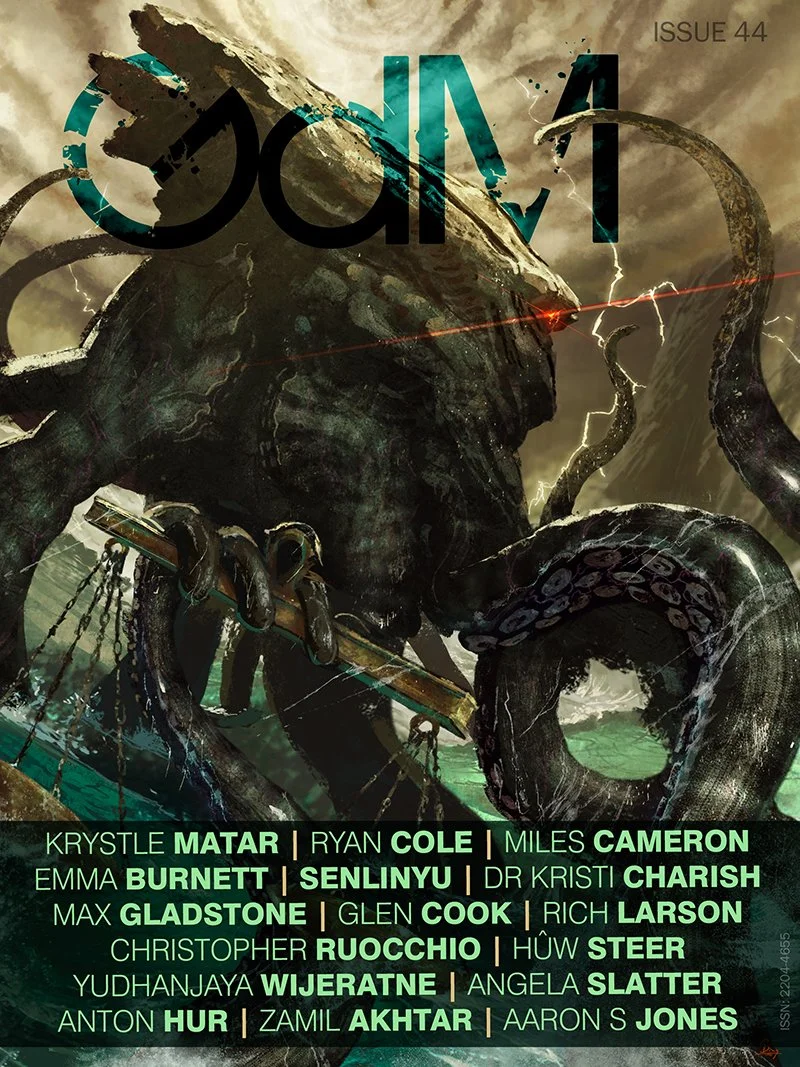I’m back from hiatus!
And yes — as the title teases — there’s a new novel as a result.
Fully drafted, proofread, and off to my agent and a few more beta readers.
It’s a romantic fantasy comedy (think Princess Bride over Urban Fantasy). There’s a bit of satire (well, maybe a lot), fairytale-themed subversion, and hopefully a protagonist everyone will love when you all get a chance to meet her.
Here’s the real kicker though: I wrote it in a month.
No, the first draft wasn’t perfect, and I spent two weeks revising. It’s still out with a few beta readers and I may make a few more small strategic changes before it ‘goes out, goes out’. And, as many writing challenges are, it’s a bit more complicated than ‘I wrote a novel in a month’. There was planning, the added incentive of friendly challenge and accountability, and even some apprehension — could I do it, and would it be any good?
But it struck me while I was in the thick of the challenge (about the time my brain was trying to revolt against the punishing pace) that it occurred to me that a lot of my feelings were déjà vu. I’d been here before. When? While trying to work through my laboratory experiments and complete my PhD thesis. It struck me that it wasn’t so much the act of getting things down on paper (computer screen) that was the pain point but seeing where the ending should be and making sure I got there.
I’m not claiming that I have a secret method (I don’t), or that this particular method will work for you (it might for one project but not another) but I think I learned a few useful things about my own tendencies and how I get to a finish point. Hopefully you can adapt something in here to make it work for a project you want to finish.
What the Hell Did I get Myself Into?
I have a friend who has been at the writing game longer than I have and subjectively (meaning measurably) very successful at it. They’d mentioned a challenge that they’d used to write a whole slew of novels in a year, many of which had sold. The interesting part was that they’d written them all in a month.
For those of you not in the writing game, many a novel dies mid draft. So, when they’d mentioned they were planning on doing it again, the scientist in me couldn’t resist. Clearly their method worked (I like trying new things that might work for me!), I was intrigued (novels usually take me a few months at my fastest) and a bit of a challenge is great for the brain.
The Process
The rules (if you can call them rules) were simple:
Write a chapter a day.
Hand it to the other person at the end of the day.
Read other person’s work, give feedback.
Do it all over until ‘book’.
How Did I Do?
There were a couple days where things just did not come together. Life got in the way so it took me into the wee hours (or next day) to get my chapter finished. Though I was close to a novel right on July 31st, in reality I think I finished the epilogue about the 1stor 2nd of August. Overall, I did pretty great.
I should disclose that I did not sit down on with blank slate. The project I picked already had a very detailed outline I’d been mulling since December. Starting from scratch, in my opinion, would have led to a novel but one that perhaps spent the month finding itself and needed more structural revision.
What Did I Learn?
First off, outlines are not my enemy. I’ve always avoided outlines worried they’d stifle my creativity and prevent me from finding interesting solutions to plot problems. It didn’t. If anything, it really helped keep me on target and task. Restraining yourself can be another avenue to discovering creativity.
Also, I like the momentum and challenge of forcing myself to finish something every day. A lot of times, authors almost finish a chapter…but then we get busy, leave it alone…a few days later when we come back to it (even the next day) it’s hard to remember how we wanted that thought or moment in the book to finish. Forcing myself to finish the thought meant there were no loose creative threads.
How Did it Feel to Write Every Day?
(AKA — Brain to Kristi: F-You)














